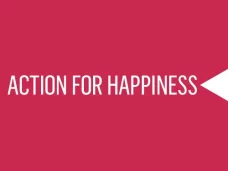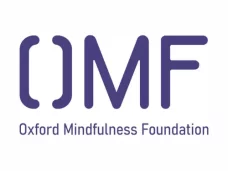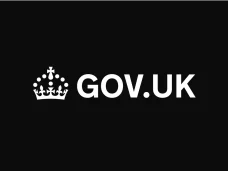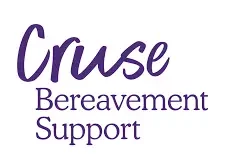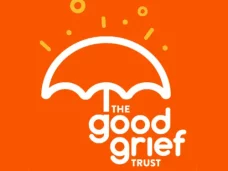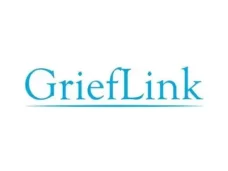Here I critically analyse some of the fundamental concepts of Jungian analysis, explicitly looking at it through the lens of a Humanistic perspective. I then reflect on how these findings have impacted my orientation within the Humanistic model.
Gustav Jung (26/07/1875 to 6/06/1961) founded Analytic Psychology in 1912. Jungian analysis is a holistic approach with a critical concept being 'wholeness'. Psychological development is defined as 'becoming a unified but also unique personality, an individual, an undivided and integrated person' (Stein, 1998, p 175). Jung named this process of integrating all parts of the psyche into the self Individuation. Cain specifies a defining characteristic of the Humanistic approach as 'a positive view of the individual as self-actualising’ (2001, quoted in Scholl, 2013, p 6-13). There is a synchronicity between the concept of Self Individuation and Self-Actualisation because they both encompass a process of change within the individual in which they move towards fully realising their potentialities.
Both Jungian analysis and the Humanistic approach emphasise holism and valuing clients' phenomenological subjective experiencing; however, they diverge in their notions of how to help clients address their psychological disturbances. Using analysis and such practices as dream therapy, imagination, and drawing, the Jungian therapist aims to help the client look at all aspects of self, including that which lies in the realm of the personal and collective unconscious. Whilst Humanistic counselling is actively non-directive and non-analytical in its approach, "counsellors have a responsibility for recognising the resources, assets and virtues their clients possess and building upon these innate strengths" Scholl (2013, p 9). Although their methods are different, one being analytical the other being non-directive, in both approaches, the counsellor supports the client to develop self-efficacy and greater awareness and understanding of all aspects of themselves.
The most significant divergence between Jungian analysis and the defined Humanistic principles is in theories relating to the unconscious and symbol. Jung was unique in defining a collective unconscious and the significance of symbols and archetypes, with the experiencing of these considered to be a potent source of self-knowledge (Stevens, 1994). Standard Humanistic principles do not address concepts such as unconscious or collective unconsciousness. However, Rogers (1980, pp 312-313) did start to address these more esoteric notions in his later years. Whilst Jungian analysis holds notions about the unconscious and collective unconscious, viewing the self as transcendent (Dourley, 2010), Humanistic theories focus on principles of individualism and ascertainable human subjective experience.
Jung's most important writings and works have been collected and published in a 20-volume set by Princeton University Press. Jungian self-theory encompasses a much more detailed definition of the human psyche than Humanistic approaches, giving name and identity to all the elements that make up the human psyche (Stein, 1998). In Jungian analysis the focus is often on awareness of all these distinct aspects of the psyche and integration. By contrast, the Humanistic approach focuses on the client's self-concept and achieving congruence and consistency between the ideal-self and the real-self. Notwithstanding this, therapeutically, the Jungian counsellor views the client in an analogous way to the Humanistic counsellor. A vital aspect of this is that the client knows what they need to heal and can heal themselves given the proper therapeutic support.
This short critical study of Jungian analysis from a Humanistic perspective has shown that whilst there is some convergence between the two therapeutic approaches, they are starkly different in their understanding of the psyche and their approach to the therapeutic alliance between counsellor and client.
My developing orientation within the Humanistic framework has been impacted by studying and reflecting on Jungian Analysis, especially within the realm of Art Therapy. Whilst Jungian analysis is a complex and expansive theoretical approach, I find some specific concepts and ideas within the approach helpful in my counselling practice. For example, because many of my clients talk about dreams they have had, it is helpful for me to utilise a Jungian dreamwork approach with clients who express a desire to look at their dreams in greater detail. It is possible to work in this way with clients whilst still maintaining a Humanistic framework.
It is worth noting that research seems to show that therapeutic outcomes are equivalent for all mainstream counselling and psychotherapy approaches (Luborsky et al., 1975: Smith et al, 1980, cited in Hollanders, 2000). I would classify myself as an Assimilative Integrationist Humanistic Person-Centred counsellor. Assimilative integration will help me improve and develop the theoretical, practical, and personal skills needed to meet each client's individual therapeutic needs. I hold a pluralistic perspective and dislike dogmatism, believing that there is inherent value in the integration of multiple counselling approaches.
References
Dourley, J. (2010) ‘Religion and Jungian Psychoanalysis’. Stein, M. ed. Jungian Psychoanalysis, Working in the Spirit of C.J. Jung. America. Open Court.
Stein, M. (1998) Jung’s Map of the Soul. Illinois. Open Court Publishing Company.
Stevens, A. (1994) Jung A very Short Introduction. Oxford. Oxford University Press.


